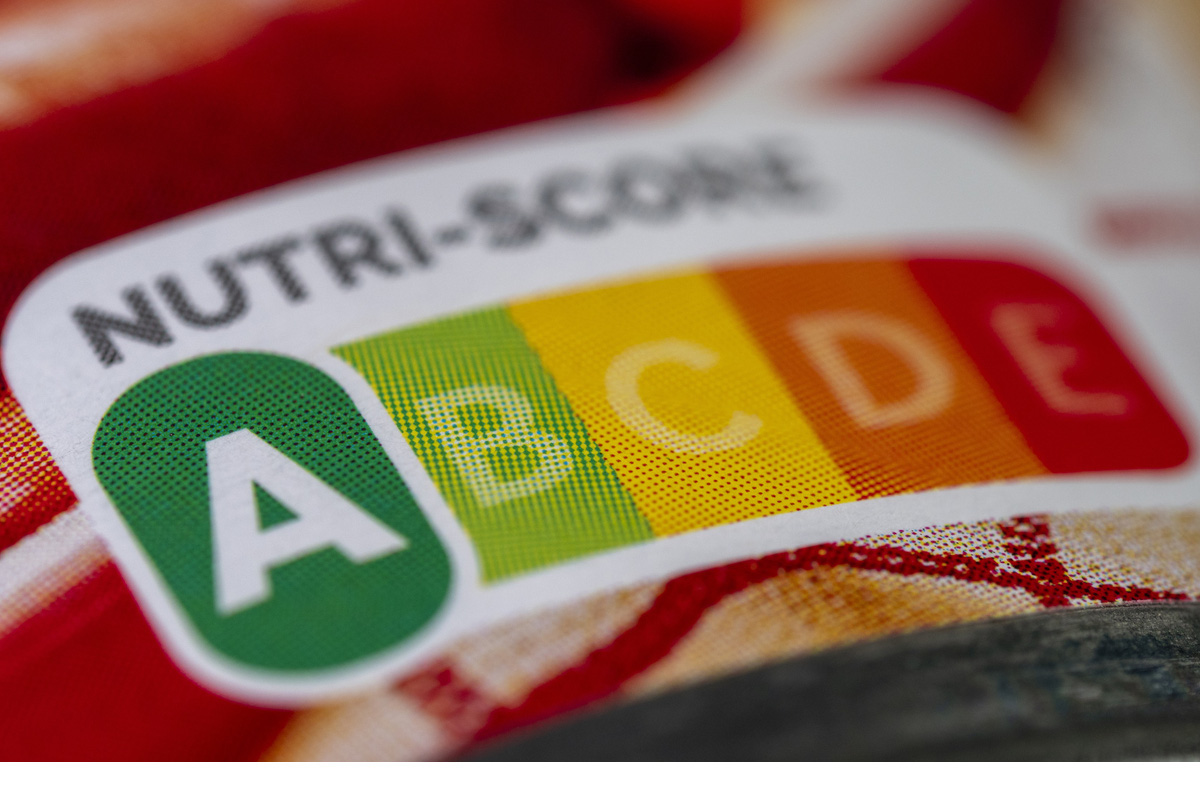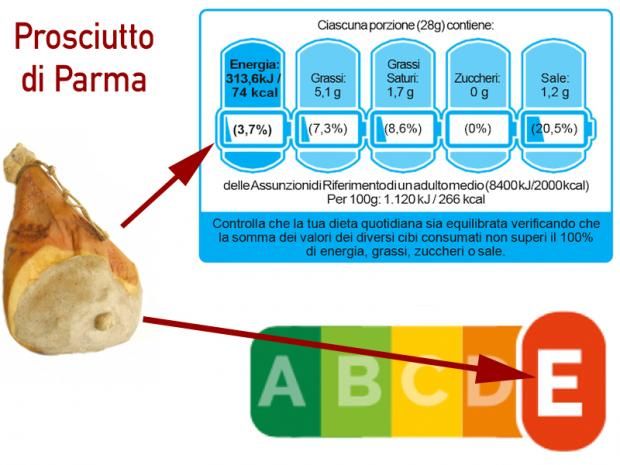
“Nutriscore, the ‘traffic light’ labeling system that penalizes almost all Italian food excellence, is losing support throughout Europe as many doubts are beginning to surface even in countries that have already adopted it,” says Federalimentare, the association representing the Italian food industry, in an official statement. Federalimentare points to recent decisions by Spain, Poland, and Switzerland not to adopt the French food labeling system.
SPAIN AND SWITZERLAND
After the 2019 elections, the Spanish government announced that Nutriscore would be implemented by the first quarter of 2021. Instead, not only has this labeling system not been adopted in Spain. With less than a month to go before the general elections, all the major parties are officially against it. Switzerland (a non-EU country, but very important for Italian exports) has been recommending Nutriscore since 2019, but on June 6, the Council of States accepted, with 33 votes in favor and only 8 against, a motion presented by the Commission for Science, Education, and Culture calling for a study of the negative effects of Nutriscore. The issue will now be considered by the National Council, but the President of the Swiss Confederation, Alain Berset, has already made it clear that if Nutriscore is rejected there as well the approval will have to be revoked.
ROMANIA AND POLAND
Since May 1, the use of Nutriscore has been banned in Romania by the National Authority for Consumer Protection as “misleading and not authorized by the authorities.” This decision is in line with that of the Italian Antitrust Authority, which in 2022 took similar action against some companies using this type of label in Italy. Last February, a position was also taken by Poland by the Minister of Agriculture and Deputy Prime Minister Henryk Kowalczyk. He stated that his opinion of the French system was negative, reporting that he had made this point at the previous European Union Agriculture Council.
A VERY NARROW APPROVAL PATH
“It now seems clear that only a small group of five countries (France, Germany, Belgium, the Netherlands, and Luxembourg) supports the adoption of Nutriscore in Europe. This is far from the qualified majority required for a possible vote in the European Council, which requires at least 15 states in favor, representing at least 65 percent of the European population,” Federalimentare said. “The opposition front, which in 2020 already included seven countries (Italy, Cyprus, Greece, Latvia, the Czech Republic, Romania, and Hungary), with the decisions taken by Spain and Poland has now widened to the point where it far exceeds the blocking minority – equivalent to four countries with 35 percent of the EU population – needed to stop any proposal to introduce Nutriscore.”

THE NUTRINFORM BATTERY LABEL
“Faced with this evidence, it is now desirable for the Commission to take note of the will of the Member States and move towards consumer information models that are better suited to protecting the health of European citizens,” Federalimentare says. “Starting with the NutrInform battery label: an information scheme that is non-discriminatory, complies with EU standards, is based on the daily reference intakes established by EFSA, and is truly capable of helping consumers follow a healthy, varied, and balanced diet.”
